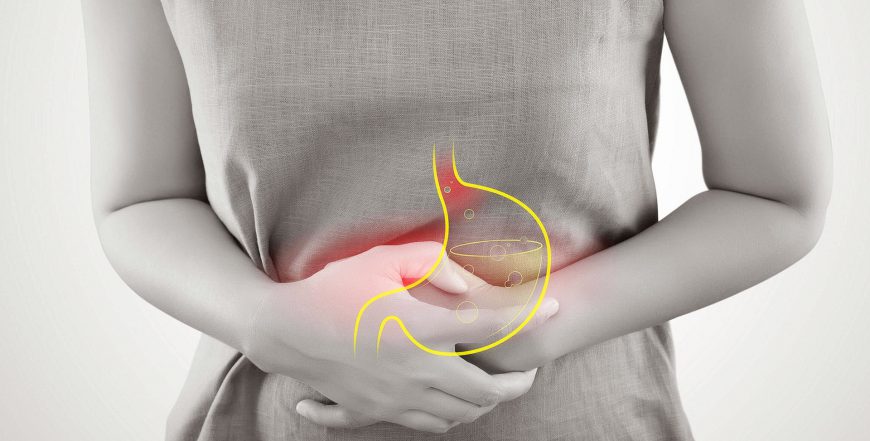- Clinics
- Health Programmes
- DETOX
- IV Therapy
- Packages
- Rixos
- About Us
- EN

Ulcer
What is a stomach ulcer?
Stomach ulcers, which are also known as gastric ulcers, are painful sores in the stomach lining. Stomach ulcers are a type of peptic ulcer disease. Peptic ulcers are any ulcers that affect both the stomach and small intestines.
Stomach ulcers occur when the thick layer of mucus that protects your stomach from digestive juices is reduced. This allows the digestive acids to eat away at the tissues that line the stomach, causing an ulcer.
Stomach ulcers may be easily cured, but they can become severe without proper treatment.
What causes stomach ulcers?
Stomach ulcers are almost always caused by one of the following:
- an infection with the bacterium Helicobacter pylori (H. pylori)
- long-term use of nonsteroidal anti-inflammatory drugs (NSAIDs), such as aspirin, ibuprofen, or naproxen
- Rarely, a condition known as Zollinger-Ellison syndrome can cause stomach and intestinal ulcers by increasing the body’s production of acid. This syndrome is suspected to cause less than 1 percent of all peptic ulcers.
Symptoms of stomach ulcers
A number of symptoms are associated with stomach ulcers. The severity of the symptoms depends on the severity of the ulcer.
The most common symptom is a burning sensation or pain in the middle of your abdomen between your chest and belly button. Typically, the pain will be more intense when your stomach is empty, and it can last for a few minutes to several hours.
Other common signs and symptoms of ulcers include:
- coughing
- nausea
- vomiting
- crushing chest pain
- dizziness
- shortness of breath called dyspnea
- face seeming gray in color
- a feeling of terror that life is ending
- feeling awful, generally
- restlessness
- feeling clammy and sweaty
- shortness of breath
